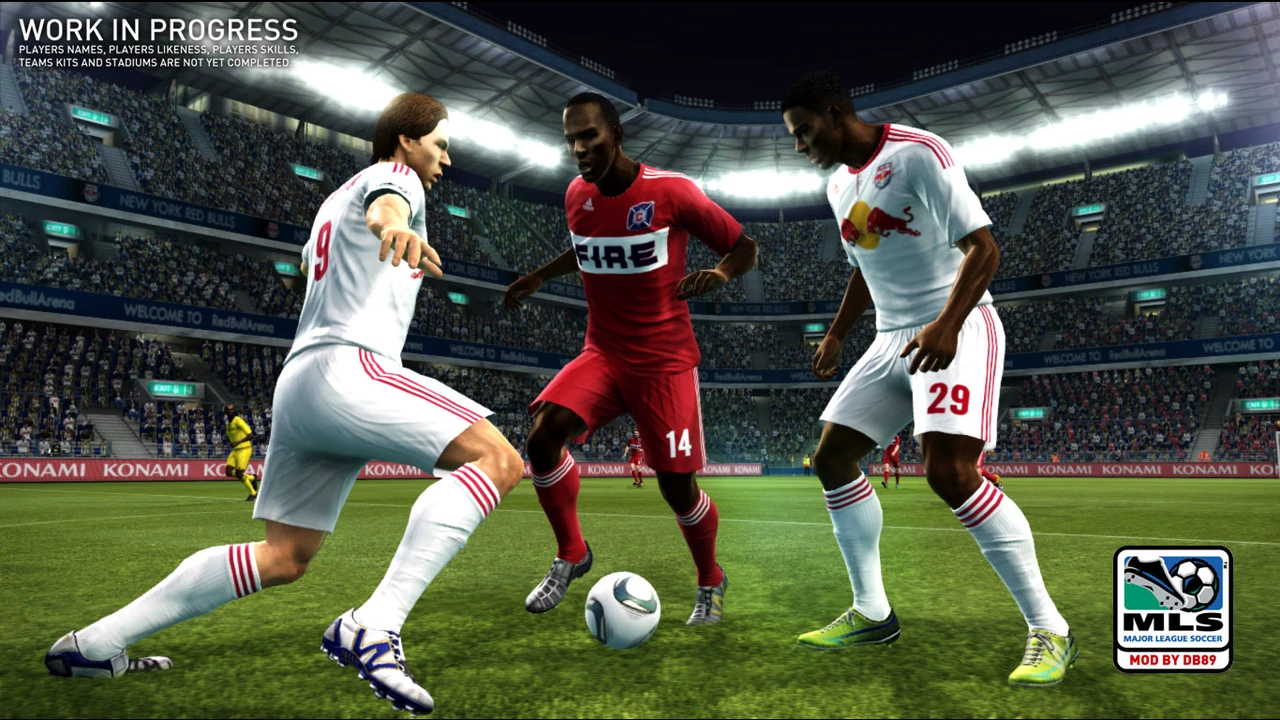Understanding Soccer Game Length: Rules, Periods, and Timing Details
When talking about soccer game length, most people picture a 90‑minute match split into two halves. Soccer game length, the total time allocated for a competitive football match, typically 90 minutes plus any added periods. Also known as match duration, it is governed by the laws of the game and varies depending on competition rules, weather interruptions, and referee decisions.
One of the first related concepts you’ll encounter is extra time, an additional 15‑minute period played when a knockout match ends level after regular time. Sometimes called additional time, it gives teams a chance to break the deadlock before heading to penalties. Another key term is stoppage time, the minutes added at the end of each half to compensate for pauses such as injuries, substitutions, or goal celebrations. Officials record the exact amount on the fourth official’s board, and it can swing a tight game in seconds. Finally, half‑time, the 15‑minute break separating the two 45‑minute halves of regular play, offers teams a strategic pause to reset tactics and recover.
How Timing Rules Shape the Game
The relationship between these elements creates a clear structure: soccer game length encompasses two 45‑minute halves, each followed by a brief half‑time, and may include extra time or stoppage time depending on the situation. The governing body—FIFA—sets the baseline rule: a match lasts 90 minutes plus whatever the referee deems necessary for interruptions. This rule influences every competition, from the Premier League to youth leagues, ensuring a level playing field. Attributes of the central entity include its standard duration (90 minutes), the inclusion of half‑time, and the flexibility to add stoppage or extra time. Values are concrete: two halves of 45 minutes, a 15‑minute half‑time, up to 5‑plus minutes of stoppage per half, and up to 15 minutes of extra time in knockout stages.
Why does this matter to you, whether you’re a coach, player, or fan? Knowing the exact timing helps you plan substitutions, manage player fatigue, and anticipate tactical windows. For instance, many managers hold a tactical talk during the last five minutes of stoppage time because that is often when the pressure peaks. Players also use the half‑time break to recover, hydrate, and receive specific instructions—without that interval, the intensity would be unsustainable. Extra time, on the other hand, demands deeper squads; teams with a strong bench can maintain performance, while those lacking depth may falter.
Practical examples show the impact: in the 2022 World Cup final, the match went to extra time, and the additional 15 minutes allowed the winning side to score the decisive goal. In a typical league match, a player receiving a red card in the 85th minute still faces the full amount of stoppage time, affecting the final scoreline. These scenarios illustrate the semantic triple: extra time influences total match duration, and stoppage time reflects game interruptions. Understanding these links lets you read a match’s flow better and predict when critical moments may happen.
Below you’ll find a curated set of articles that break down each timing element in more detail, compare how different leagues handle extra and stoppage time, and offer tips on coaching strategies around the clock. Dive in to see how timing rules affect tactics, player management, and fan experience across the soccer world.
